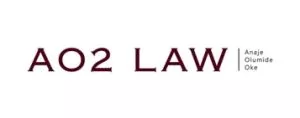In the past year, the whistle blowing concept has become increasingly popular in the fight against corruption in Nigeria. The Executive Arm of the Federal Government of Nigeria ("FGN") officially introduced its Whistle Blowing Policy ("WBP") in Q4 2016. On 17 may 2017, the Nigerian Senate invited the heads of the Central Bank of Nigeria, Nigerian National Petroleum Corporation ("NNPC"), Federal Inland Revenue Service ("FIRS"), National Petroleum Investment Management Services and an International Oil Company ("IOC") to provide the details of an alleged $5billion tax fraud. The allegation arose from a petition to the Nigerian Senate by an alleged whistle blower that between 2001 – 2002, an IOC evaded tax to the tune of $343million through over bloating of its operational costs. The WBP and the facts of the allegation against the IOC raises many policy, legal and administrative issues, some of which are:
- Can the allegation of tax fraud trigger a further tax audit or investigation on the IOC by FIRS?
- Does the allegation activate any contractual rights by NNPC against the IOC under the various contractual arrangements between NNPC and the IOC?
- Can the FIRS conduct an audit on an issue that occurred about 15 to 16 years ago for which an audit may have been conducted at that time?
- Does WBP absolve employees of their employee confidentiality obligation?
Download the full publication here
The content of this article is intended to provide a general guide to the subject matter. Specialist advice should be sought about your specific circumstances.

